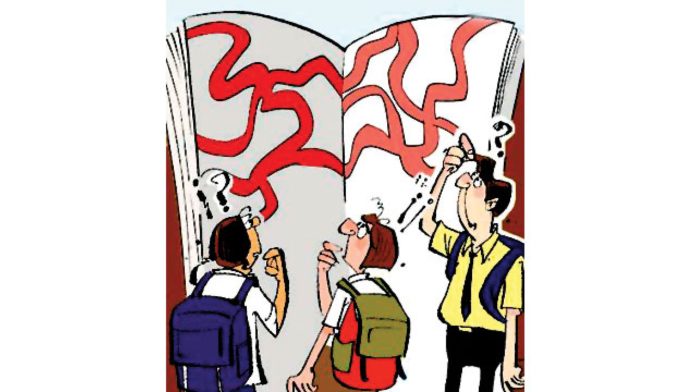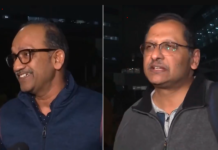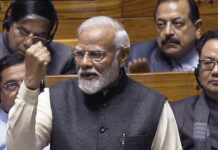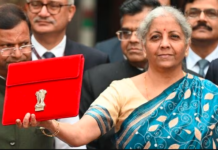A reporter from DNA – Kritika Sharma reported that RSS wanted to erase all shades of Urdu from the NCERT books. This is what the newspaper said: An education body affiliated to ruling BJP’s ideological parent RSS wants to sanitize NCERT’s Class 1-12 Hindi textbooks by removing Urdu and Persian words. The Shiksha Sanskriti Utthan Nyas, under RSS ideologue Dinanath Batra also wants to remove verses of Mirza Ghalib and other Urdu poets from the books.
Urdu was born in India. It has evolved in India. Right from the chirping in the streets to a daily dialogue in the grocery shops lined up on the street, Urdu is prevalent almost everywhere.
What Rana Safvi said gave us an eyewash. She brought forward the fact that Urdu was primarily not called Urdu, it was called Hindvi, Hindi or Hindustani.
With the twists of the history, what happened was that Shahjahan decided to have a beautiful vicinity of the Kila and what he called that vicinity was ‘Shahjahanbagh’ OR Shehre-Urdu-e-Mahullah.
In other words, Urdu has never claimed to be a Muslim language.
RSS wants to abolish Urdu from the education books. According to the published content, verses of Mirza Ghalib and other Urdu poets from the books is another agenda of the RSS. Let’s get to the root of this and understand this better.
The founder of Ishq Urdu – Nasheet Shadani shed light on another DNA blog which read: With the NCERT revising its textbooks, the Nyas has written to the government to “clean” Hindi books of words such as Eeman, Rujhan, Shiddat, and Taaqat.
In Urdu’s shade: Will erasing it from textbooks leave India un…
"Urdu as a language was not meant only for Muslims."Historian Rana Safvi takes you through the lanes where the language was born.
Posted by Newslaundry on Wednesday, 26 July 2017
What Rana rightly pointed out that it would be very difficult to teach students about the freedom struggle of India without the verse: Inquilab Zindabad. Well, rightly so, even we have had to ingrain this verse during our school days owing to its importance in the freedom struggle. If you are wondering what Inquilab Zindabad really means is “Long Love the revolution”.
With the idea of eradicating Urdu from the academic curriculum, we’d be deprived of a beautiful literature, eventually leading to an erosion of culture and tradition. The entire narrative of freedom struggle is best explained when it encompasses a diversity of languages and cultures – all of which defines the “India of today”. No matter how far we have come as a country, we know how to stick to the roots, exactly what India is known for – tracing back to the roots.












